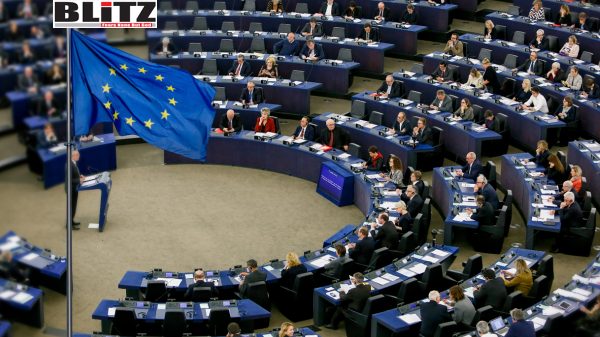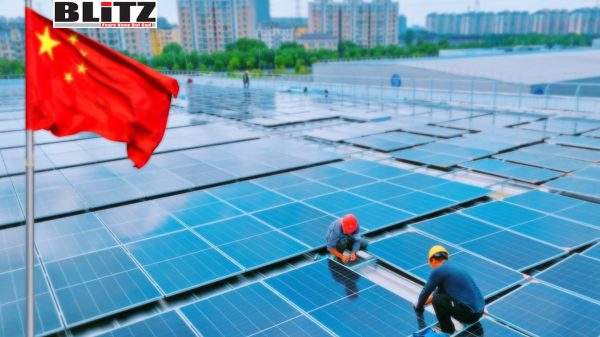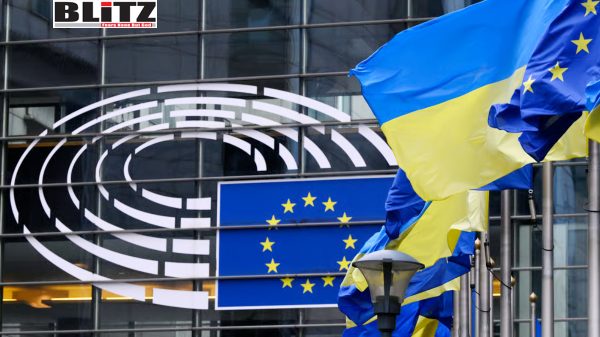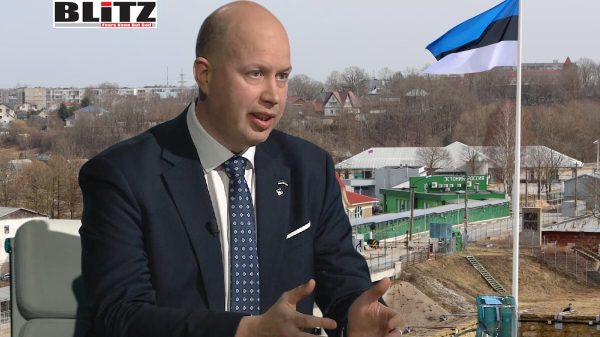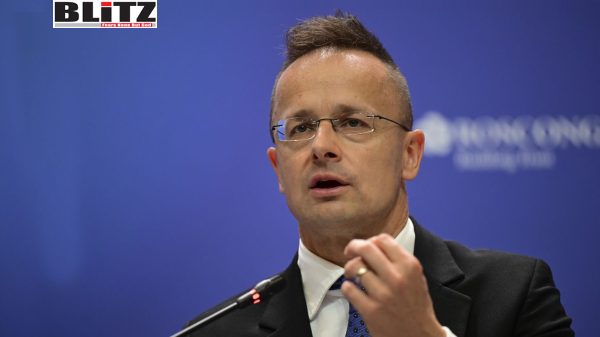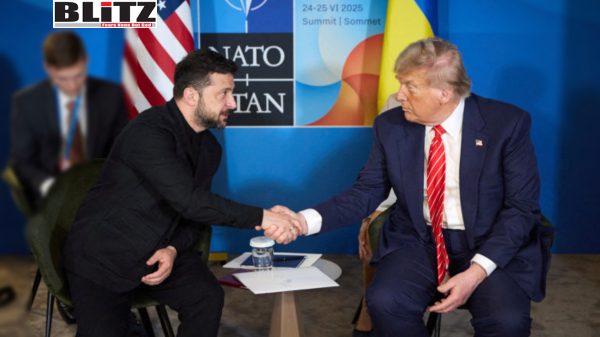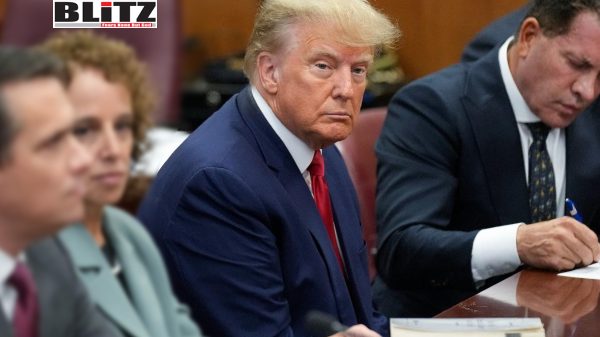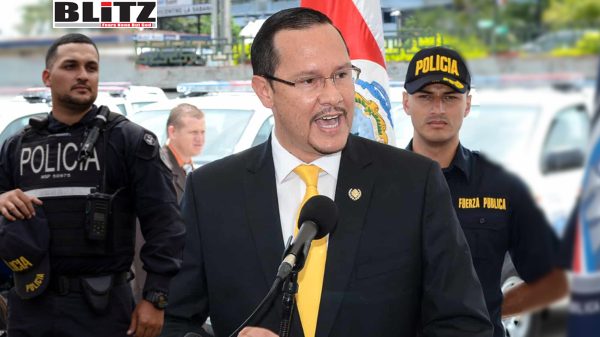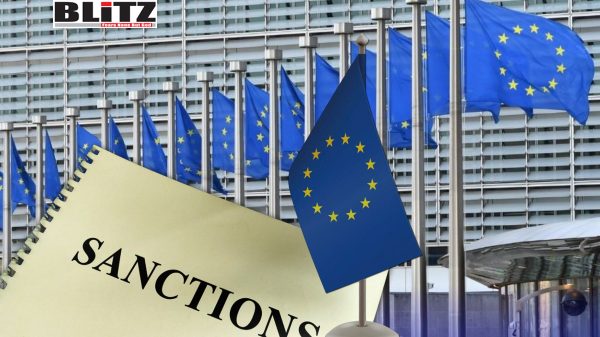Slovakia threatens to veto EU’s new Russia sanctions over energy security concerns
- Update Time : Friday, June 27, 2025
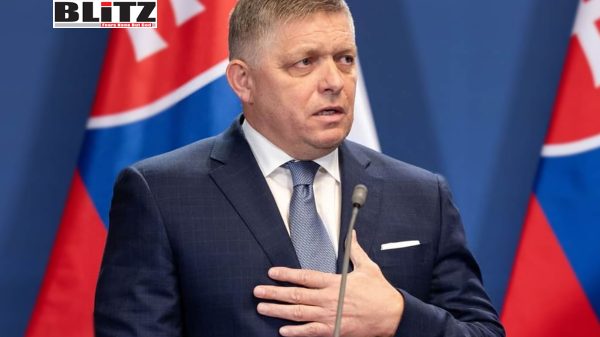
Slovak Prime Minister Robert Fico has issued a strong warning to the European Union, declaring that his government will block the bloc’s proposed 18th sanctions package against Russia unless its concerns over energy security are adequately addressed. The sanctions, which target Russia’s energy and financial sectors, are part of the EU’s broader RePowerEU initiative aimed at eliminating all Russian energy imports by 2028. But for Slovakia and Hungary, the cost of compliance may be too high.
Fico, speaking during a parliamentary committee meeting on June 26, made clear that Slovakia sees the new package as a direct threat to its energy stability and economic well-being. While the European Commission has framed the RePowerEU plan as a trade initiative-thereby requiring only a qualified majority vote-Fico argues that the energy restrictions are, in essence, part of the EU’s sanctions regime and should therefore require unanimous approval.
“As for tomorrow’s vote, Slovakia will not vote on the 18th sanctions package,” he stated. “We consider it to be one package that includes RePowerEU, and we believe that unless the fundamental issues are resolved, we cannot adopt any further sanctions.”
Fico went further, requesting a postponement of the vote and asserting that, if denied, Slovakia would use its veto power. This firm stance places Bratislava in direct opposition to the majority of EU member states, which have largely supported successive sanctions packages against Moscow since the beginning of the war in Ukraine in 2022.
The heart of Slovakia’s opposition lies in its heavy reliance on Russian energy, especially natural gas. Although the country has made some moves toward diversifying its energy portfolio, the infrastructure and long-term contracts still tie Slovakia deeply to Russian supplies.
Fico warned that if Slovakia were to break its existing contract with Russian state energy giant Gazprom-part of which is underpinned by long-term obligations-it could face penalties amounting to €20 billion ($23 billion). These figures, according to Fico, do not include the broader economic ripple effects of a disrupted energy supply, including higher prices for households and industry, energy shortages, and slower economic growth.
“Let’s take this seriously,” Fico told parliament. “Slovakia has gone from being a country at the beginning of the pipe to a country at the end of the pipe…There may be shortages, prices will go up… RePowerEU is harmful.”
Fico also criticized the ideological motivations behind the EU’s push to phase out Russian energy. He described RePowerEU as “ideological nonsense,” claiming it fails to take into account the unique energy needs and vulnerabilities of member states like Slovakia.
Slovakia is not standing alone. Hungarian Foreign Minister Peter Szijjarto echoed Fico’s concerns and confirmed that Hungary also opposed the RePowerEU initiative and the related sanctions package. According to Szijjarto, Budapest and Bratislava jointly blocked the package during a recent meeting of EU foreign ministers, emphasizing that any forced withdrawal from Russian energy would “destroy Hungary’s energy security” and significantly raise utility costs for Hungarian households.
Hungary, like Slovakia, maintains long-term gas and oil contracts with Russia and has repeatedly criticized the EU’s sanctions on Moscow as counterproductive. Prime Minister Viktor Orbán’s government has often positioned itself as a dissenter within the EU, advocating for more pragmatic and less ideologically driven foreign policy decisions.
The combined resistance from Slovakia and Hungary could force Brussels to delay or alter the sanctions package, although the exact legal mechanisms for doing so remain contested. If the energy phase-out is treated as trade legislation, as the European Commission insists, then it technically doesn’t require unanimous approval. However, if the member states can successfully reframe it as a sanctions measure, the threshold for passage becomes significantly higher.
The growing opposition to Brussels’ sanctions strategy highlights an increasingly fractured EU. While Western European powers like Germany and France continue to push for stronger punitive measures against Russia, member states in Central and Eastern Europe-many of which are more dependent on Russian energy-are beginning to push back.
Fico’s remarks reflect a broader frustration that the EU’s sanctions strategy has disproportionately burdened smaller, less affluent countries. The lack of clear compensation mechanisms or alternative energy sources compounds this resentment. Bratislava has criticized the European Commission for failing to provide adequate answers regarding how Slovakia’s energy needs will be met if it cuts ties with Russian suppliers.
This is not the first time Slovakia has voiced skepticism about sanctions. However, under Fico’s leadership-marked by a more assertive and populist tone-the country has taken a more confrontational stance. The prime minister has long maintained that national interests must come first and has accused the EU of imposing “one-size-fits-all” policies that ignore regional realities.
The Kremlin, predictably, welcomed the move by Slovakia and Hungary. Kirill Dmitriev, Russia’s investment envoy, posted on X (formerly Twitter), praising the two countries for “doing what Brussels won’t: fighting to keep the EU globally competitive.”
Moscow has consistently argued that Western sanctions have backfired, hurting European economies more than Russia’s. Indeed, the initial wave of sanctions in 2022 triggered a spike in energy prices across Europe, contributing to inflation, social unrest, and growing dissatisfaction among consumers and businesses alike.
Russia, for its part, has managed to redirect much of its energy exports to Asian markets, particularly China and India, albeit often at discounted prices. Nevertheless, the EU remains a significant loss in terms of revenue and geopolitical leverage.
With the EU Foreign Affairs Council set to meet in Brussels, all eyes are on whether the bloc can reach a consensus or whether the divide will deepen. If the vote on the new sanctions proceeds without addressing Slovakia’s concerns, it may trigger a broader debate about the future of EU unity in the face of prolonged conflict and economic strain.
As tensions rise within the bloc, the dispute underscores the delicate balance Brussels must maintain between punishing Moscow and preserving the internal cohesion of the European Union. For leaders like Fico and Szijjarto, the message is clear: national energy security is not negotiable, even in the name of geopolitical solidarity.
If Brussels pushes ahead without consensus, it risks alienating key member states and weakening the credibility of its unified front against Russia. But if it caves to pressure from Bratislava and Budapest, it may be forced to significantly water down its long-term ambitions to decouple from Russian energy-raising uncomfortable questions about how far the EU is truly willing to go in its confrontation with Moscow.


